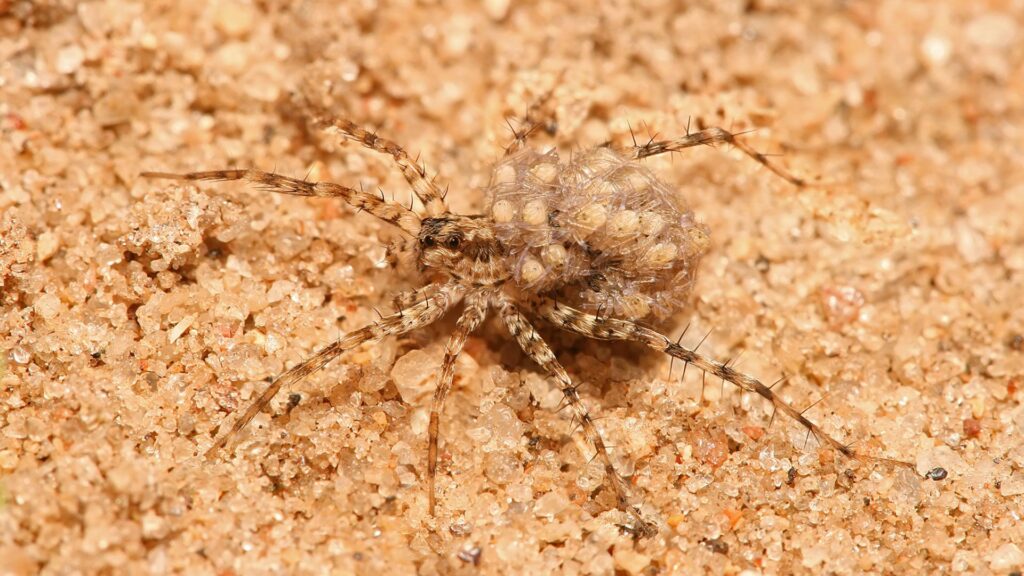In a story that went viral, a 35-year-old man was reportedly diagnosed with a spider bite on his toe, in which eggs were allegedly laid before hatching. This would be false, according to specialists.
The story went viral on November 28, 2023, after being relayed by the BBC. Colin Blake was celebrating his 35th birthday on a cruise when, during the night, while the ship was near Marseille, he felt discomfort in his toe: and for good reason, it was changing color and necrotizing. . During treatment, the doctor on board was then categorical, it was a bite by a “Peruvian wolf spider”. Worse, and worthy of a horror film, the man claims that, a few weeks later, a foreign body was detected in his toe. Because the insect would have laid eggs inside, and one of the eggs would have hatched.
There is, however, a problem with this diagnosis: scientists consider this story to be biologically not credible.
A “scandalously inaccurate” story
“ Don’t worry at all about whether a spider can come and lay eggs. “, reassures biologist Sara Goodacre to Business Insider, because “ this whole story makes no biological sense “. And Lena Grinsted, also a biologist, specializing in the study of spiders, agrees, while recounting her palpable irritation: “ This story really pissed me off. It is shockingly inaccurate. »
Indeed, this does not add up: “ Spiders do not lay eggs in other organisms. Neither in humans, nor in any other organism. » This is all the more improbable in the case told by the BBC as wolf spiders belong to the Lycosidae family, known for… carrying their eggs in a silk bag worn on their abdomen.

The two scientists even doubt that it is a spider, at the origin of Colin Blake’s misadventure. A fortiori, because the two scientists, although specialized, have never heard of wolf spiders of Peruvian origin specifically, and identifying the species of spider from a bite seems improbable in their eyes. Even if it was indeed a wolf spider, ” their venom is not medically significant for humans », recalls Lena Grinsted.
In an update to its article, the BBC also quotes Sara Goodacre: “ Spider venom is not necrotizing », unlike what happened for the 35-year-old man. “ It is designed to paralyze a fruit fly. » Not to mention that “ no European wolf spider can really penetrate the skin “, and that there is no evidence that eggs could survive there. The British Arachnological Society also described the situation as implausible.
These would more likely be cuts or scrapes, misdiagnosed. They also remind us that it often happens that the scariest stories surrounding spiders are in reality misdiagnoses, with the medical problem identified being a response to antibiotic or antifungal treatment or in any case ” to things that we know make absolutely no difference to spider venom “.
If you liked this article, you will like the following: don’t miss them by subscribing to Numerama on Google News.
